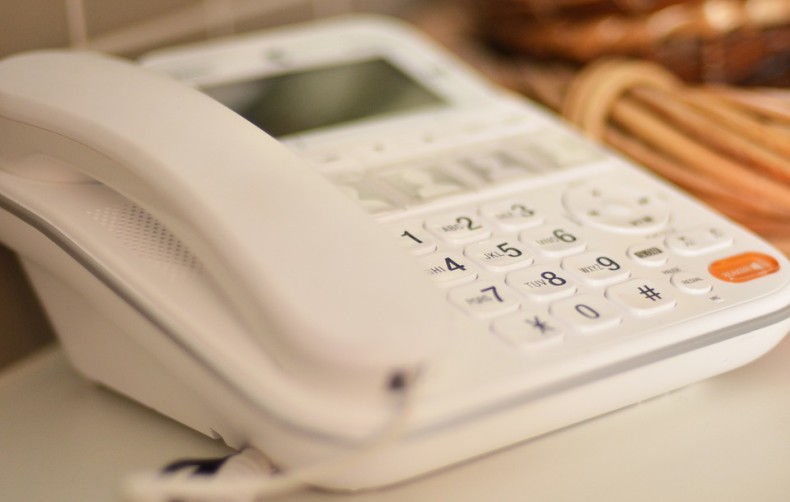The key role for universities in American political polling

One feature of political polling in the US is how much of it is conducted by educational establishments, as a recent Washington Post profile examined:
Americans addicted to political polls can get their fix these days from a growing number of colleges and universities that measure the ups and downs of presidential candidates Donald Trump and Hillary Clinton in a tumultuous election year.
But the leaders in this expansion of academic polling are hardly household names outside of politics, including Marist College in New York, Monmouth University in New Jersey, Suffolk University in Massachusetts and Quinnipiac University here in Connecticut.
For these schools, polling in a polarized America yields a marketing bonanza akin to what others might reap through college football bowl games or the NCAA basketball tournament. They are building brands through surveys of political battlegrounds.
Which prompts the question: why the US but not the UK? Although the UK’s political structure is very different and much more centralised than America’s, universities in the UK could emulate the pattern of taking a geographic speciality in polling which fills in gaps left by the other pollsters. In our case, pretty much any sort of local election outside London gets no opinion polling at all. Yet the levels of interest in contests such as for the Liverpool City Region Mayor are such that if a university from around there decided to do a poll it would generate widespread media coverage.
As in the US, such media coverage could be useful marketing activity for institutions who are increasingly competitive when it comes to raising their profile and attracting students. Such polling operations would also bring the twin benefits of creating jobs for students in the calling operations and also of providing students with the chance to have hands on practical experience of how a survey is conducted from start to finish as part of their political studies.
The occasional forays in the past of professors and students into political opinion polling in the UK has not been terribly successful – but that’s been down to infrequency and resulting lack of expertise. The potential for more systematic polling operations in the UK to be successful at explaining elections, increasing admissions and educating students looks to be there for the taking.
UPDATE: One change since this piece was first written is the regular political polling in London carried out by the Mile End Institute, though using a conventional polling company rather than doing the polling themselves.
Leave a Reply